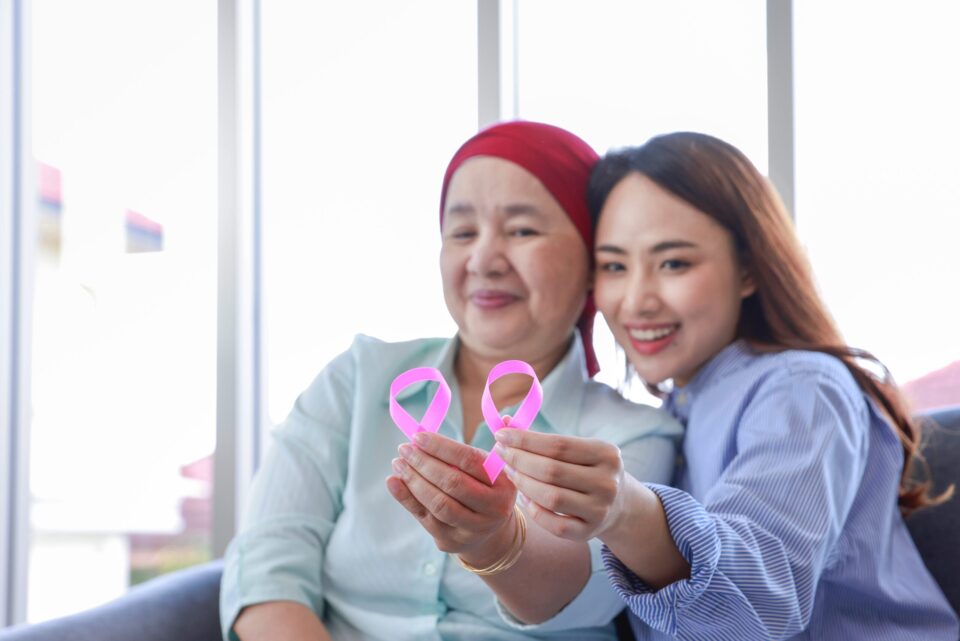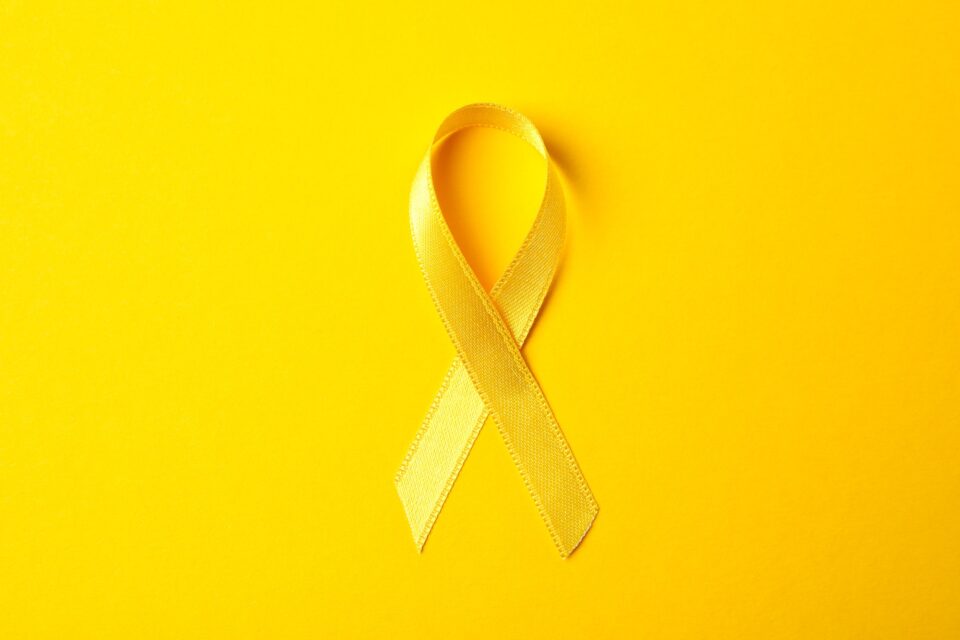On June 27, 2022, the U.S. Department of Health and Human Services and the Centers for Medicare & Medicaid Services (CMS), announced the Enhancing Oncology Model (EOM). It is a model with the goal of improving cancer care for Medicare patients by providing equitable, high-value, and evidence-based care.
As always, the hope is to lower the cost of treating Medicare beneficiaries. This appears to be a newer version of the Oncology Care Model (OCM), which is no longer active. CMS hopes to build upon the lessons learned from this model.
The EOM is a 5-year voluntary model that will begin on July 1, 2023. There is a plethora of information surrounding this model but there are some specific requirements for any provider(s) volunteering for the Model.
Some of the requirements of the Enhancing Oncology Model expand to very patient-focused services, such as:
- 24/7 access to an appropriate clinician with real-time access to patient medical records;
- Patient navigation services;
- A detailed care plan that involves patient engagement and preferences on discussions surrounding prognosis, treatment options, symptom management, quality of life, and psychosocial health needs, among other topics;
- Screening for health-related social needs (HRSNs); (needs related to food, transportation, housing, etc.);
- Questions regarding the patient’s overall cancer care experience and health outcomes, such as those related to their symptoms, physical functioning, behavioral health, and HRSNs.
Most people reading this list probably assume that all cancer patients were already experiencing these patient-centric services. But that is not true for the majority of cancer patients!
This is the reason that Wheelhouse exists. There are many gaps in the traditional healthcare system that cancer patients experience. Whether it’s emotional support, empowerment to get a second opinion, or a compassionate expert who can offer recommendations for the next steps, Wheelhouse ensures patients never have to walk this journey alone.







